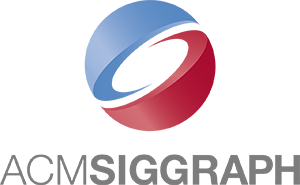Computer Art in the Context of the Journal Leonardo
Author(s):
Exhibition:
Category:
Abstract/Summary/Introduction:
Since 1968, the journal Leonardo has published over 150 articles dealing with the uses of computers in the fine arts. Discussing the work of artists published in Leonardo, the author responds to a recent assertion by art theorist David Carrier that”… it is genuinely unclear to me whether any art using computers is truly significant”. It is argued that the significance of computer art must be viewed in a number of contexts. Within the context of the development of the computer itself, advances in computer graphics and animation have provided the artist with a powerful plastic medium under the artist’s control.
Most artworks produced, except in animation, either realise artistic ideas developed before the advent of the computer or are artistically equivalent to work produced in other media. The impact is significant in the context of the commercial and applied arts. Contemporary artists, as the colonisers of technology, are producing significant artworks as collaborators in Renaissance teams of artists, scientists and technologists. In the larger context of the history of art, however, the significance of contemporary computer art work is not yet clear. It is argued that artistic significance should be sought in works that could not have been made without the use of a computer.
Such works must involve the particular attributes of computers, such as their application in interactive situations, their capability for artificial intelligence, their function in networks with telecommunications media, and their ability to allow the synthesis of sound and vision in timebased art forms. The lack of adequate theoretical, historical and critical frameworks is currently the largest impediment in assessing the significance of computer art.




